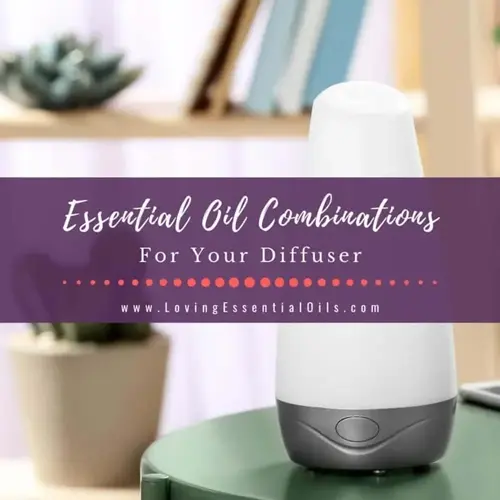Can Mediterranean herbs survive indoors?

Written by
Paul Reynolds
Reviewed by
Prof. Martin Thorne, Ph.D.Herbs from the Mediterranean, including rosemary, thyme, and oregano, are well-suited for growing indoors when provided with adequate care. These sun-loving plants require specific conditions to flourish indoors. They typically grow in dry rocky soil in full sunshine. Recreate these elements as closely as possible to produce a successful indoor growing process.
Strong direct light is essential when growing Mediterranean herbs. Ideally, the plants should receive at least 6 hours of direct sunlight a day, preferably from a south-facing window. My rosemary was not doing well in a north-facing window until I moved it into a sunnier spot. You can also use full-spectrum LED lights during the darker months of winter to be consistent with growth.
For these herbs, terra cotta pots, designed with drainage holes, are ideal. They are porous and will, therefore, not allow water to accumulate at the bottom of the pots. I had a thyme plant die from root rot in a plastic pot, so I switched to a terra-cotta pot. Use gritty soil mixes that have perlite or sand for drainage.
Water with a minimal amount to replicate the dry conditions in the Mediterranean. Allow the soil to dry completely between watering. The majority of herbs have been lost to overwatering rather than underwatering. I kept the oregano flourishing by watering it only every two weeks. Always check the soil moisture at the root level before watering to ensure optimal hydration.
Soil Preparation
- Mix 2 parts potting soil with 1 part perlite
- Add 1 part coarse sand for drainage
- Avoid moisture retaining additives
- Sterilize soil to prevent diseases
Humidity Control
- Maintain 30-40% humidity levels
- Avoid misting leaves directly
- Use dehumidifier in humid climates
- Ensure good air circulation
Seasonal Care
- Winter: Reduce watering by 50%
- Summer: Protect from intense afternoon heat
- Spring: Begin light fertilization
- Fall: Prepare for dormancy period
Do not use humidity trays or misting for your Mediterranean herbs. These plants prefer drier air, and humidity behaves differently with them than it does with tropical plants. I had fungus develop on my rosemary when it was near a humidifier. Allowing air to circulate your herbs helps reduce the risk of mold and strengthens the stems.
Prune regularly to maintain bushy compact growth. Harvest sprigs frequently to encourage new growth. My thyme became woody without consistent trimming. Cut just above leaf nodes using clean scissors.
The Rewards of Patience with Indoor Mediterranean Herbs They have a slower establishment than other varieties. My rosemary was finally ready after four months had passed. Once established, they will produce flavorful harvests for years to come. You will always have fresh herbs available, regardless of the outside temperature.
Read the full article: 7 Essential Indoor Herb Garden Secrets

